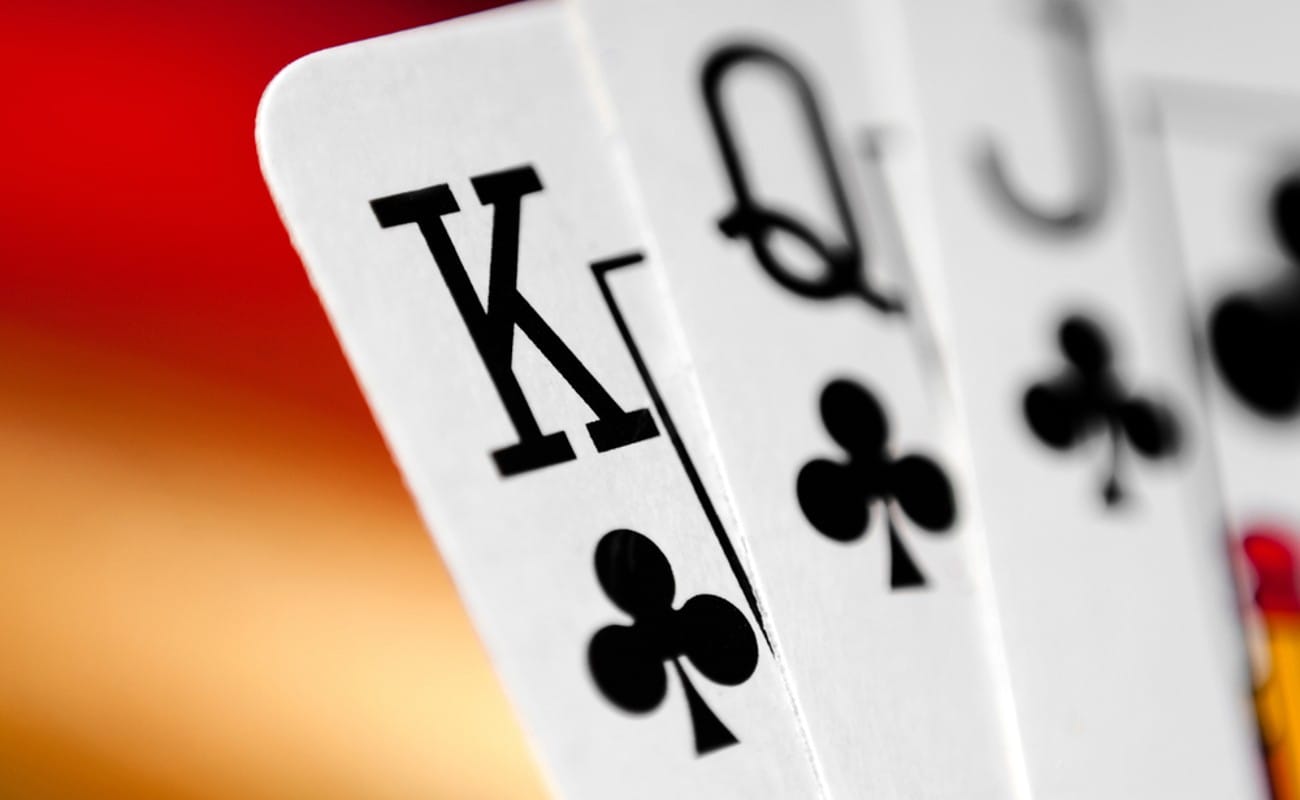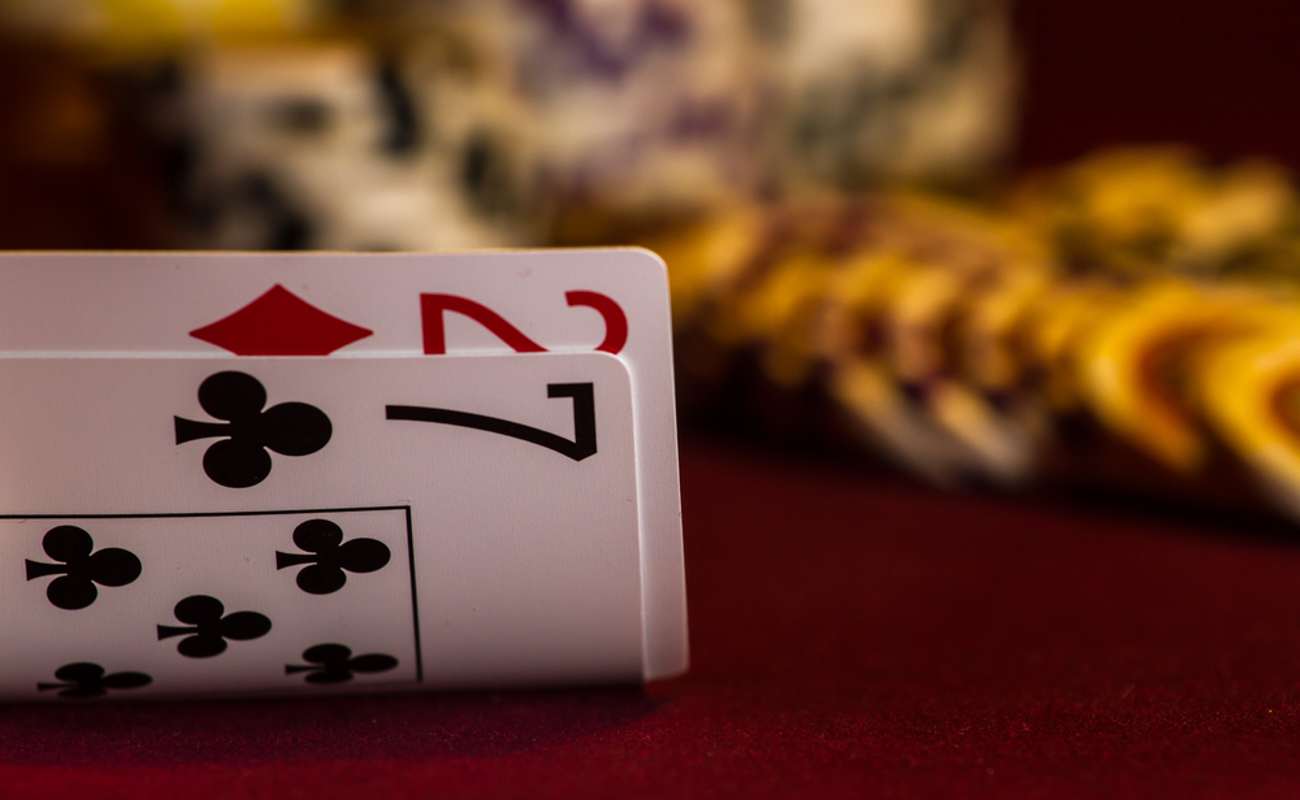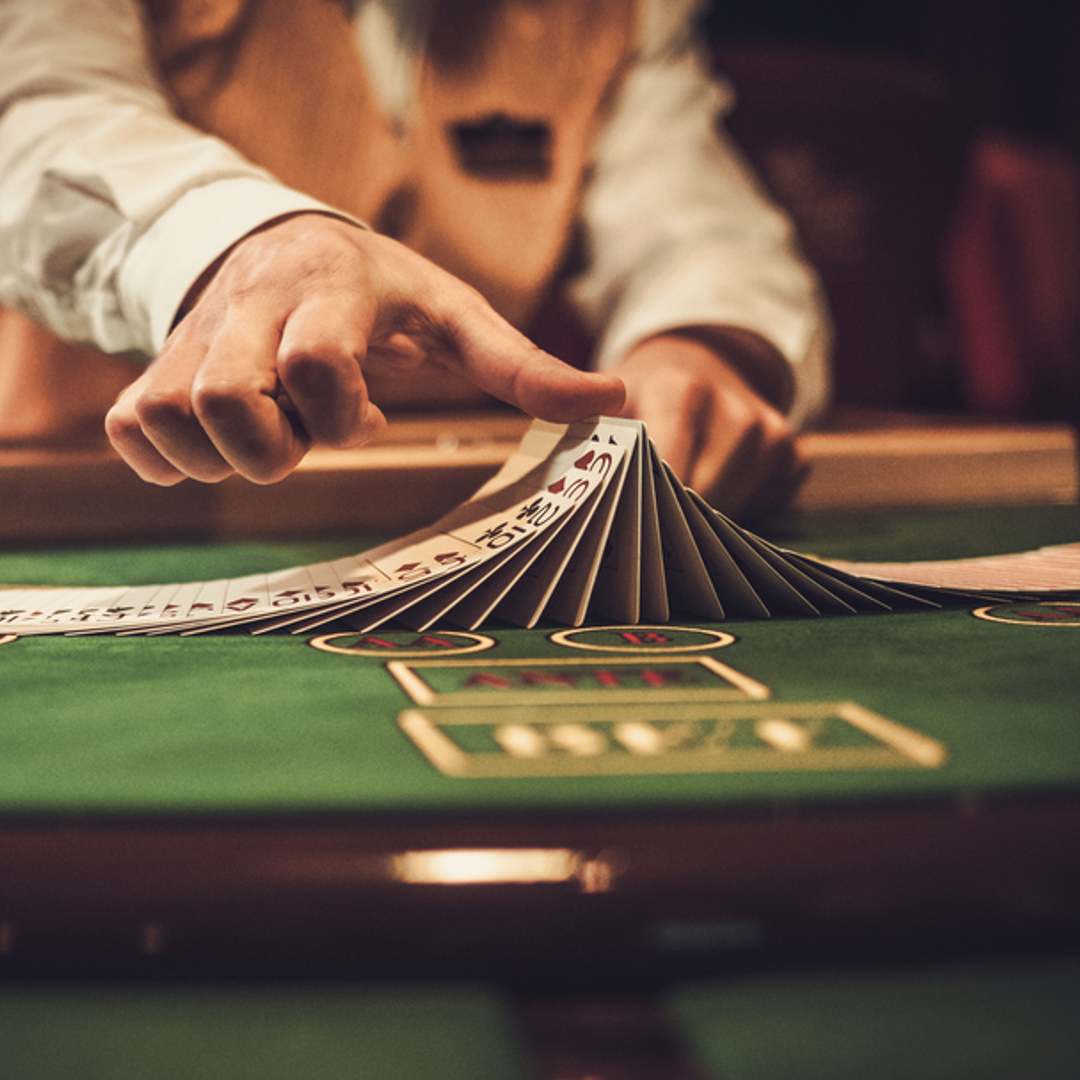
Have you ever been tempted by an offer that’s too good to be true? It could be a tempting job offer, a “miracle” diet or a low-low asking price on a house or car. In many cases, accepting such an offer comes at a financial cost without much reward. In other words, you get scammed. In poker, danger hands are a bit like that. Depending on the situation, they’re too good to be true and can get you into trouble. Sometimes, of course, they represent genuine value, which is why you don’t automatically throw them in the trash when you play poker online. In this article, we look at what danger hands are, what makes them dangerous and how to play them to your best advantage.
Defining poker danger hands
A danger hand is not the same as a bad hand. Poker players can generally identify starting hands which are so terrible that it’s best to fold straight off. In poker, danger hands are the kind of starting hand that can get you into serious trouble. That’s because danger hands are actually quite strong. At least, they’re strong enough to set you up to hold the second-best hand – which just happens to be the worst possible situation you can find yourself in at the poker table. Why is that? There are only two ways to win in online poker: Either all your opponents fold to cede you the pot or you have the best hand at showdown. If you get as far as showdown with the second-best hand, chances are that you’ve put money in the pot only to lose it in the end. That, in short, is the trouble with danger hands. As Doyle Brunson once said, “They’re hands you can lose a lot of money with, so you should play them very cautiously.”
Spotting poker danger hands

When you’re on the lookout for danger hands, what are you looking for? As a general rule, weaker combinations of broadway cards (A, K, Q, J,10) and aces can get you into trouble. These include pairings such as king-queen, king-jack, king-ten, queen-jack, queen-ten, jack-ten, ace-jack, ace-ten and ace-nine. It’s easy to get excited about these hands, especially if you’ve been folding junk hand after hand, but the fact of the matter is that you’ll most likely be dominated if you take them to the river. Say you have jack-ten and the flop comes jack-seven-two. You’ve got a top pair! Unfortunately, your kicker is weak. Ace-jack, king-jack and queen-jack will all crush you.
That doesn’t mean you should write off playing danger hands completely. In the hands of a skilled player, they can easily put opponents on the back foot. Jack-ten, for instance, may not have any showdown value, but the flop may give you outs for a straight or a flush. If your poker hand representation is strong enough, you could semi-bluff your way to victory, either by inducing opponents to fold by representing a strong hand or by hitting your draw.
Danger hands poker strategy
Advanced skills like poker hand representation can be overwhelming for beginner players who are just getting to grips with basic poker strategy. Here are a few pointers for dealing with danger hands depending on the situation you find yourself in:
- Under the gun or in early position? Fold. Danger hands are too weak to open and you’re likely to come off second-best (at best).
- If the UTG player opens, don’t call – the chances of your opponent dominating you are too big.
- If you open in middle or late position, you’re less likely to be dominated – so go ahead and play the hand (with caution).
- If a middle player raises and you’re in late, you could defend your hand, depending on who the opener is. If they’re at the same skill level as you or less, it should be okay. Similarly, you should be able to defend the blinds against a raise from a late position.
Premium danger hands
Some hands are too strong to strictly qualify as danger hands, but they get beginners into trouble so frequently that we decided to include them.
Ace-king
Known as the most dangerous hand in Texas Hold’em poker, the notorious ace-king is a great example of the difference between a danger hand and a bad hand in poker. It’s strong enough to hold its own in practically any spot, so why wouldn’t you want to play it? The trouble is that unlike ace-ace and king-king, ace-king is a drawing hand and without improving, will hardly ever win at showdown. Limp in to see the flop or enter with a raise to thin the field, but be prepared to check or fold if your hand doesn’t improve on the flop.
Queen-queen
The third most powerful starting hand in poker, pocket queens can still get you into trouble. That’s simply because it’s inferior to pocket kings and aces, giving you two scare cards to worry about. But don’t be afraid. Raise before the flop to thin the field and flush out opponents holding ace-ace or king-king (they’ll be the ones who join you in a pre-flop battle). If a king or ace does land on the flop, make a continuation bet but don’t get committed. If a king or ace lands on the turn, you’re not in a good situation. Check to control the pot rather than continuing to bet.
Jack-jack

Ace-king may be the most dangerous hand in poker, but jack-jack comes a close second. That’s because there are so many ways they can crumble on the flop. Sound advice is to play pocket jacks as you would an eight-eight or nine-nine. Enter the pot as cheaply as possible and hope to hit a set (three-of-a-kind made with two hole cards). If you don’t hit a set, check and fold.
Get your hand in with premium poker at Borgata Online
There’s only one way to make progress in poker and that’s to get as many hands in as possible at the best online poker site you can find. Borgata Online offers limitless opportunities to play top-rated online poker for real money in a secure environment. Register to join cash games, sit and goes and online poker tournaments on a daily and weekly basis. New members are entitled to Borgata’s poker welcome offer that matches your deposit by up to $1000, with $75 in tournament tickets as a kicker.
